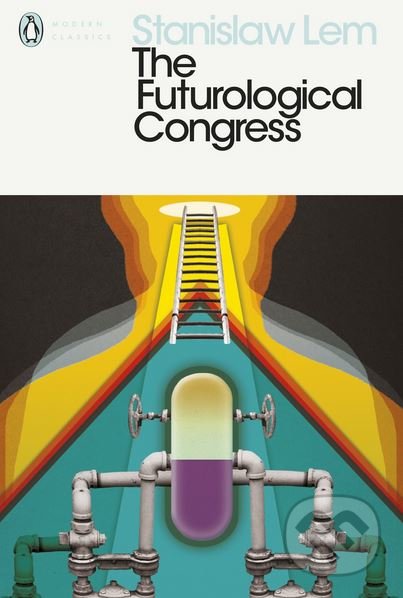

Nevertheless, I shall argue that it is a text without parallel in the rest of Lem's opus, and not only in the degree to which it is generically self-reflexive but also in the way that it depends upon that kind of reflexivity. It might therefore seem grossly hyperbolic, if not downright false, to claim that Futurological Congress (1971) is unique in its generic self-consciousness. Most, perhaps all, of Stanislaw Lem's fictions are typically postmodern in this respect ( inter alia): they implicitly comment on the genre(s) in relation to which they define themselves.

Out of The Time Machine: Generic Self-Consciousness

It was much easier, of course, to laugh at my cathedral, which was not even material, which existed not as a thing but as a metaphor – or, as a modern cyberneticist might put it, as an analog model of multivalent relations, of polysemy. Erhaps I had created another … kind … value that was intrinsic, like the cathedrals at Orvieto and Siena….


 0 kommentar(er)
0 kommentar(er)
